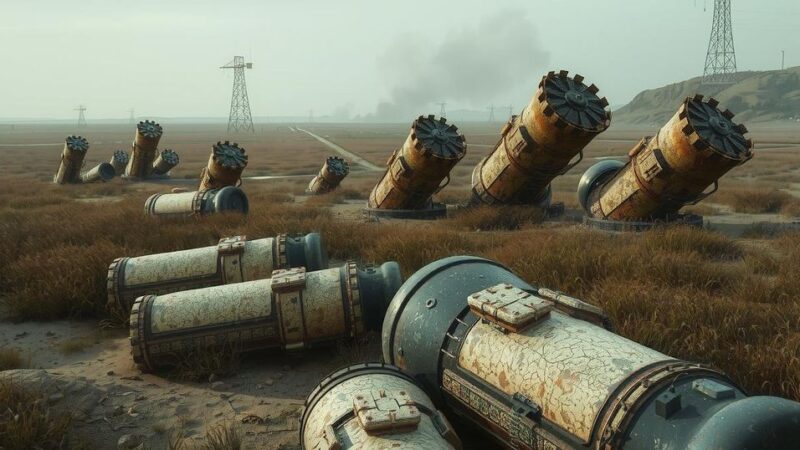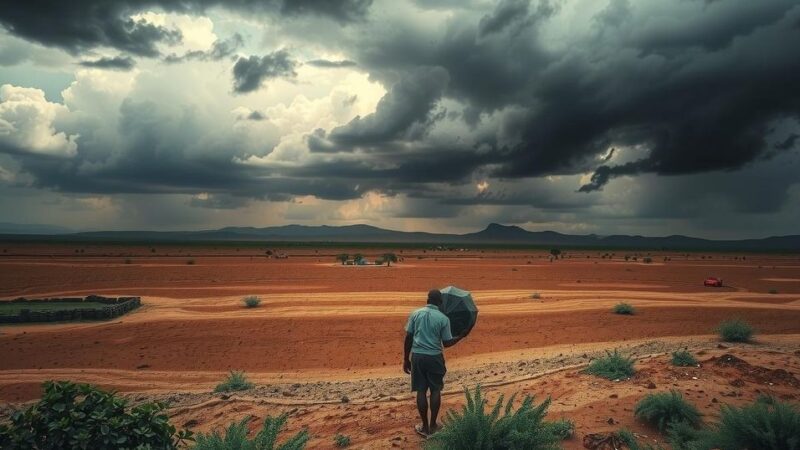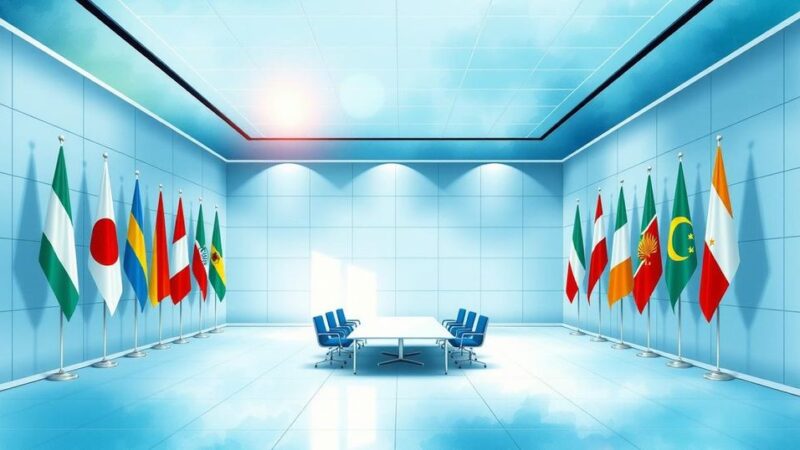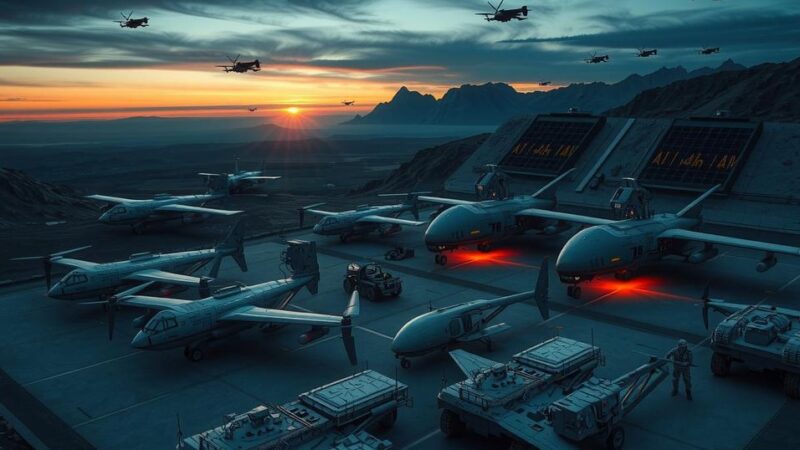Rwanda and Belgium have severed diplomatic ties following the EU’s sanctions on Rwandan officials for involvement in the DRC conflict. Belgium played a significant role in advocating for these measures, driven by concerns of international law violations. The sanctions aim to press Rwanda on its military actions but their effectiveness is uncertain given Rwanda’s dependency on international aid.
Diplomatic relations between Rwanda and Belgium have been severed following the recent imposition of European Union (EU) sanctions on Rwandan officials for their involvement in the Democratic Republic of Congo (DRC). The EU accuses Rwanda of exacerbating conflict by deploying troops in Eastern Congo and exploiting its mineral resources. The Rwandan government reacted swiftly, providing Belgian diplomats just 48 hours to vacate the country, citing Belgium’s biased alignment in the regional conflict as a significant grievance.
Belgium played a pivotal role in advocating for these sanctions within the EU, amid divided opinions among member states. Kristof Titeca, a University of Antwerp professor, noted in an interview with DW that Belgium was a leading voice during the discussions. Belgium’s Foreign Minister, Maxime Prévot, clarified that the intention of his government was to highlight Rwanda’s troubling actions in Eastern Congo, not to weaken the nation, though Belgium has now expelled its Rwandan diplomats in retaliation for the severed ties.
The influence of Belgium’s colonial past over the DRC raises questions regarding its assertive role against Rwanda. Critics suggest a sense of colonial guilt may motivate Belgium’s stance. However, Titeca contends that while such sentiments may play a part, they do not fully explain Belgium’s actions, particularly since Rwanda was also a Belgian colony. He emphasizes that Rwanda’s military actions represent a violation of international law that justifies Belgium’s response.
Accusations have been levied against Rwanda by the United Nations, United States, and EU for allegedly supporting the M23 rebel group in the DRC. This group has recently resumed aggressive operations in Eastern Congo, resulting in a significant humanitarian crisis with over seven million displaced individuals. U.N. assessments indicate that approximately 4,000 Rwandan soldiers support the M23 fighters, contributing to extensive instability and loss of life in the region.
The efficacy of the EU sanctions remains uncertain, primarily because they do not impact essential policies or aid agreements that Rwanda relies on. Titeca articulates doubts regarding whether these punitive measures could effectively alter Rwanda’s behavior. He believes the sanctions are merely a preliminary step and underscores the need for more robust actions to ensure a meaningful outcome.
Within EU circles, there exists a faction that supports maintaining and enhancing ties with Rwanda, citing its developmental successes. Despite this split, the EU has previously partnered with Rwanda in initiatives aimed at sustainable resource management. Titeca notes that potential further actions, such as suspending cooperative agreements or foreign aid, seem unlikely due to the current geopolitical climate and a hesitance on the part of Western diplomats to apply pressure. Nonetheless, he posits that the strong reaction from Rwanda demonstrates the sanctions’ effectiveness at prompting concern.
In summary, the rupture of diplomatic relations between Rwanda and Belgium stems from the EU’s sanctions on Rwandan officials over their military actions in the DRC. Belgium’s proactive stance and influence in pushing for sanctions reflect complex historical dynamics and issues of international law. While the sanctions aim to address the crisis fueled by Rwanda and the M23 rebel group, their true efficacy in altering Rwanda’s actions remains in question, showcasing the intricate nature of international relations and humanitarian concerns.
Original Source: www.dw.com






